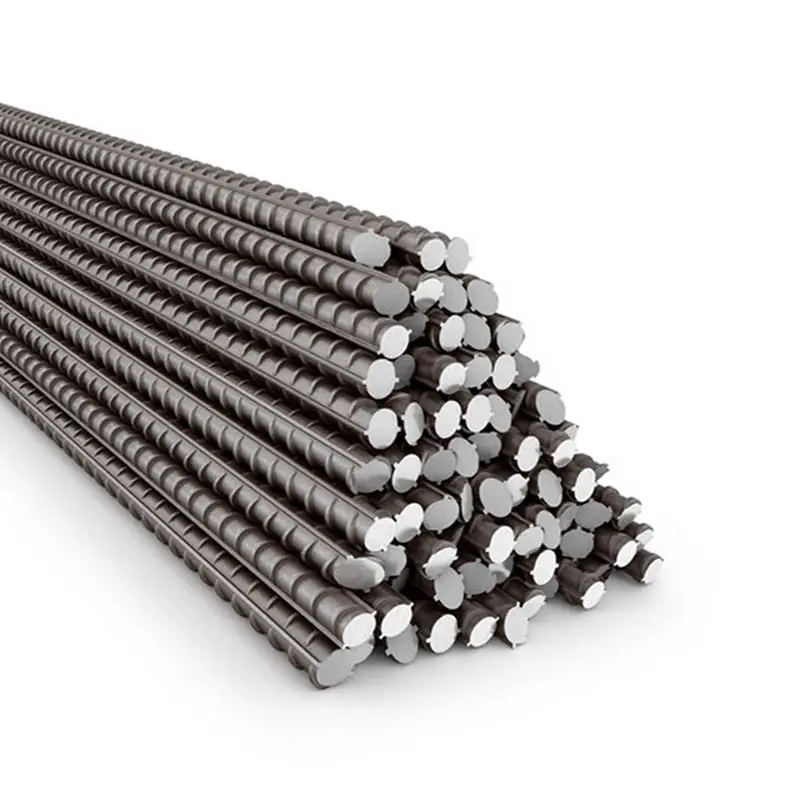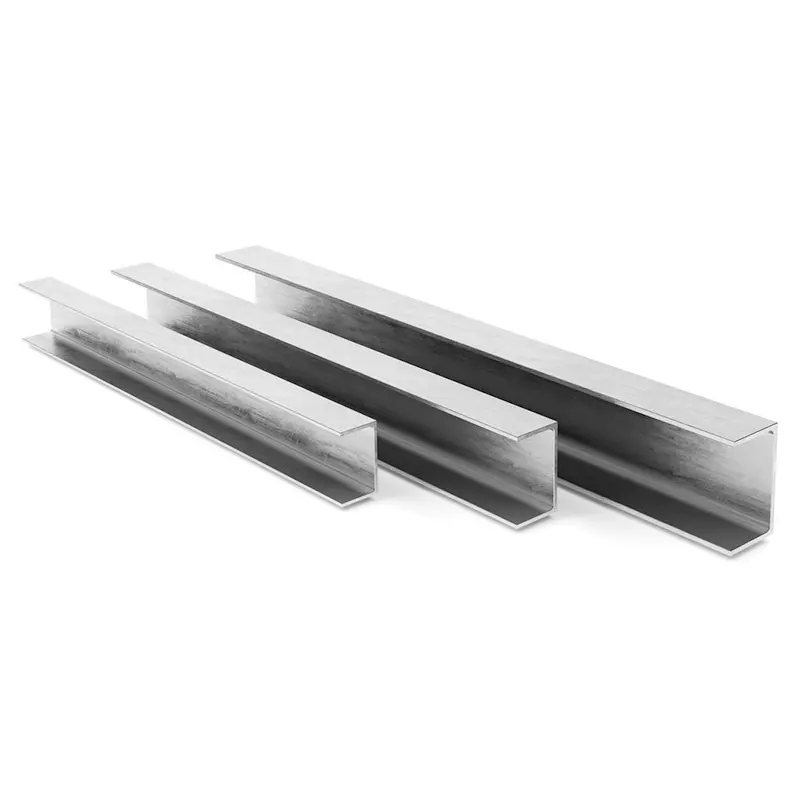A rebar manufacturer operates integrated production lines to convert raw steel billets into reinforcing bars, combining metallurgical expertise with precision engineering. The process begins with billet heating (1,100–1,200°C) in reheating furnaces, followed by hot rolling through a series of stands to achieve the desired diameter and rib pattern, conforming to standards like ASTM A615, EN 10080, or GB/T 1499.2. For high strength grades, thermo mechanical treatment (TMT) is applied: controlled cooling after rolling to form a hardened outer layer and ductile core, enhancing yield strength by 20–30%. Quality control labs conduct rigorous testing: chemical analysis (inductively coupled plasma spectroscopy), tensile testing (with 0.5% offset yield strength measurement), and bend testing (180° around a mandrel diameter equal to 3D for 25mm rebars). Manufacturers offer a diverse product portfolio: carbon steel rebars (235–400 MPa), microalloyed rebars (400–600 MPa), and specialty products (stainless steel rebars for marine structures, epoxy coated rebars for nuclear facilities). Certifications like ISO 9001, CE, and API (for oil country rebars) are standard, with traceability systems tracking each heat lot from billet to finished product. Innovation focuses on developing rebars with higher ductility for seismic zones (Agt ≥12%) and eco friendly coatings (zinc aluminum alloys with 30% less zinc usage), aligning with global sustainability goals while meeting the growing demand for resilient infrastructure.


